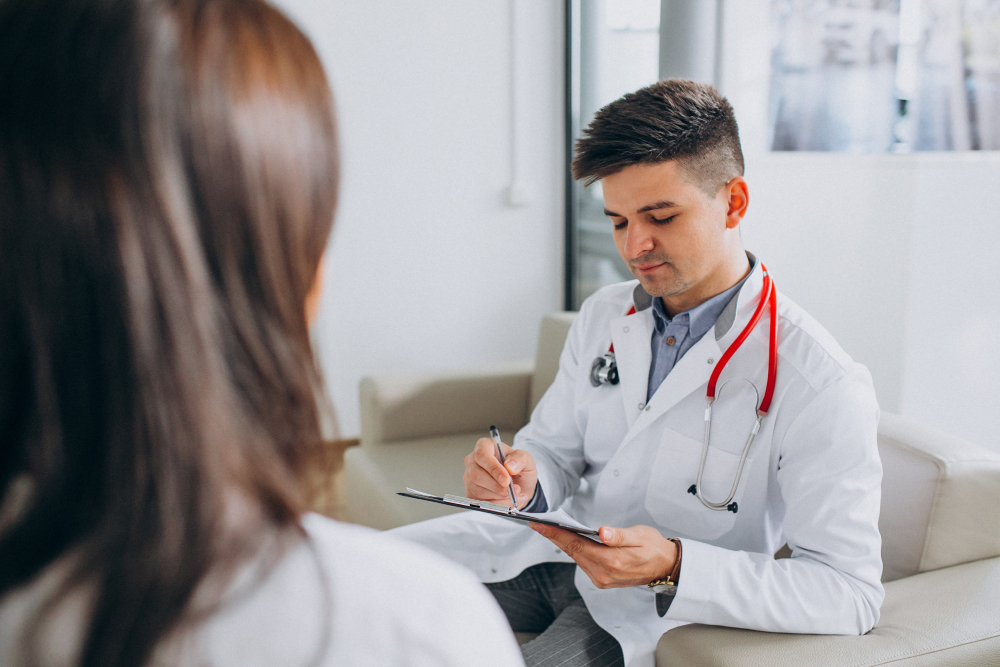What is a Full Body Check?
A full body check is a detailed health examination. It looks at your overall health. During this check, doctors use many tests to find early signs of illness. In fact, a full body check is also called a comprehensive health screening or preventive health checkup. Many people in cities like New York, London, and Mumbai choose these checks for peace of mind.
Importance of Regular Full Body Checks
Regular full body checks help find health problems early. Early detection means you can treat issues before they get worse. For example, some diseases do not show symptoms at first. However, a full body check can spot them. According to the World Health Organization (WHO), early screening saves lives. Also, regular checks help you track your health over time.
Who Should Get a Full Body Check?
Almost everyone can benefit from a full body check. Still, some people need it more than others. For instance, adults over 30 should consider an annual health examination. People with a family history of illness should also get checked. In addition, those with high stress or unhealthy habits may need regular checks. Even if you feel healthy, a checkup can help you stay that way.
What to Expect During a Full Body Check
During a full body check, you will meet with a healthcare provider. First, they will ask about your medical history. Next, you will have a physical exam. After that, you may give blood and urine samples. Sometimes, doctors order scans or heart tests. The process is simple and usually takes a few hours. Most clinics in your area offer these services in a comfortable setting.
Common Tests Included
A full body check includes many tests. These tests look at different parts of your health. For example, you may have:
Some clinics may add more tests based on your age or risk factors.
How to Prepare for Your Full Body Check
Preparing for a full body check is easy. Still, you should follow some steps for the best results. For instance, you may need to fast for 8-12 hours before blood tests. Also, wear loose clothes for comfort. Bring a list of your medicines and past health records. If you have questions, ask your doctor before the checkup.
Interpreting Results and Next Steps
After your full body check, your doctor will review your results. Sometimes, results are ready in a day or two. If any test is abnormal, your doctor will explain what it means. They may suggest more tests or treatment. Even if all results are normal, your doctor will give advice to stay healthy. Remember, regular checks help you track changes over time.
Prevention and Lifestyle Tips
While a full body check is important, healthy habits matter too. For example, you should eat a balanced diet and exercise often. Also, avoid smoking and limit alcohol. Get enough sleep and manage stress. These steps help prevent many health problems. According to the CDC, small changes can make a big difference in your health.
Conclusion
In summary, a full body check is a smart way to protect your health. It helps find problems early and gives you peace of mind. If you have not had a preventive health checkup recently, now is a good time. Consult a healthcare provider to schedule your full body check and get personalized advice.

